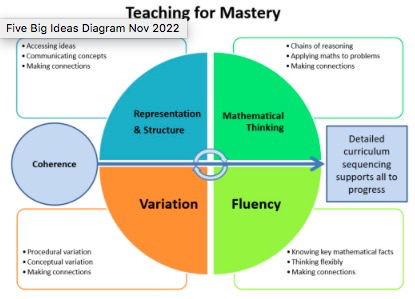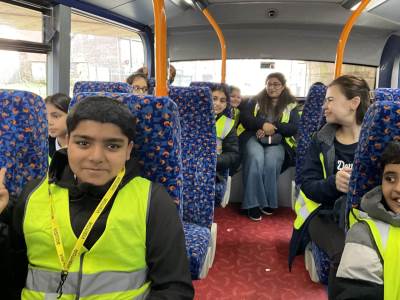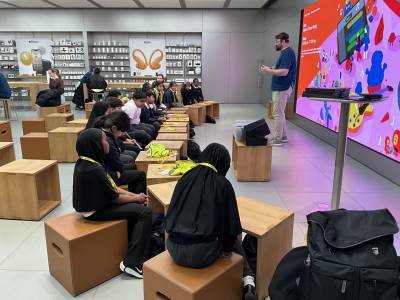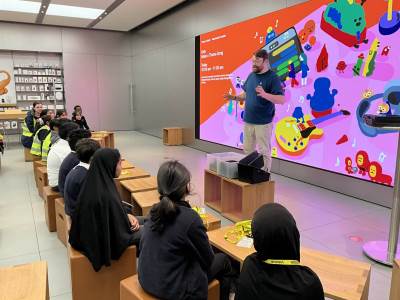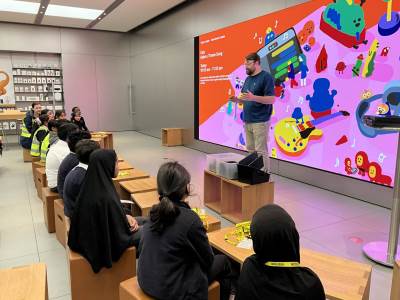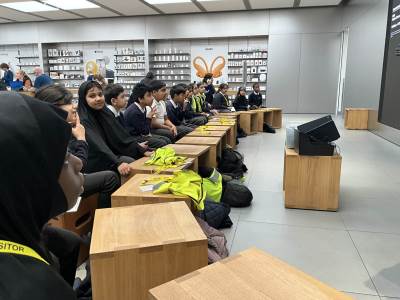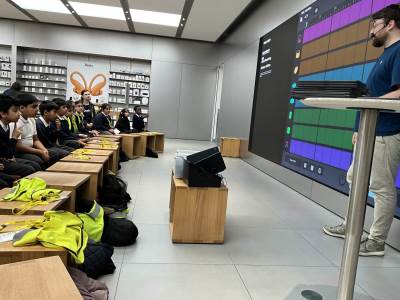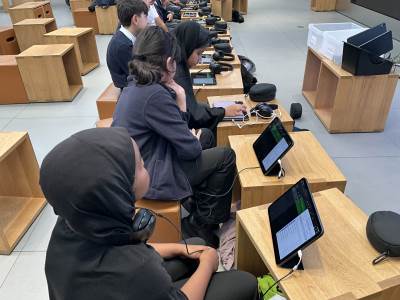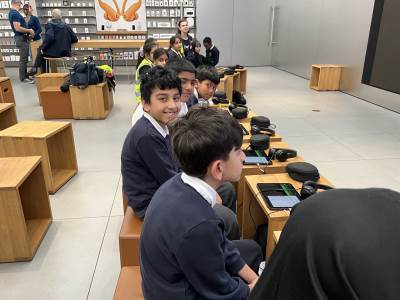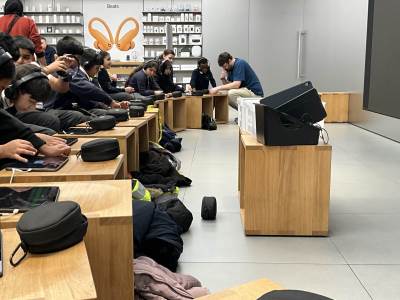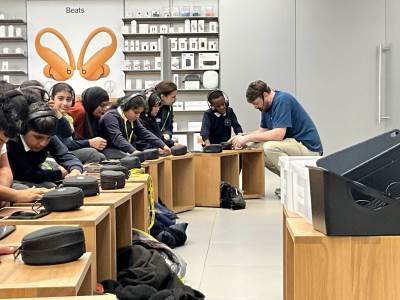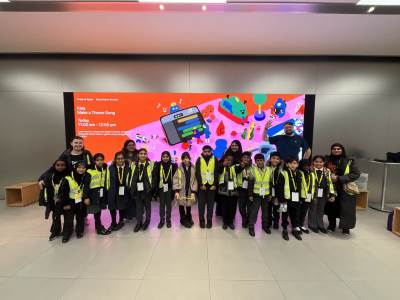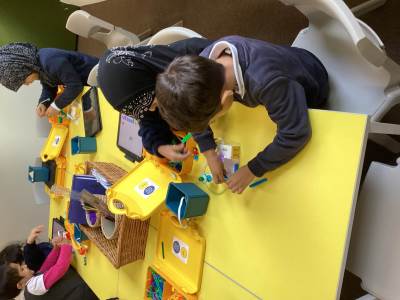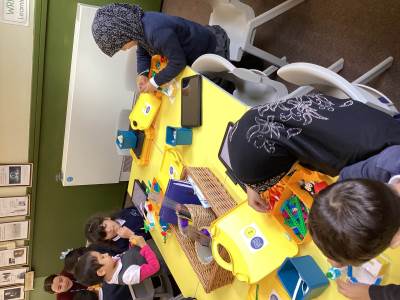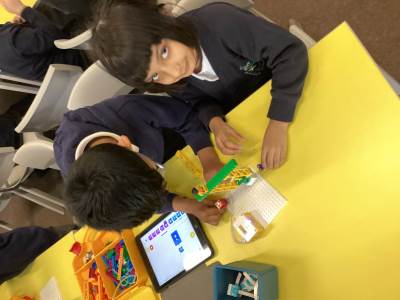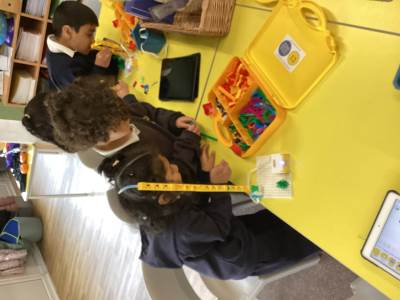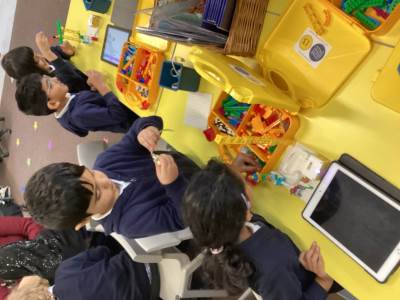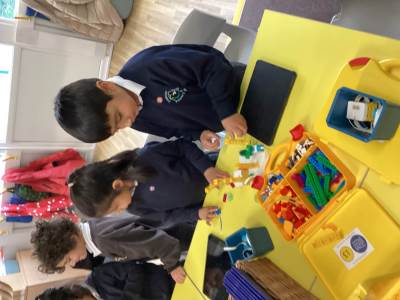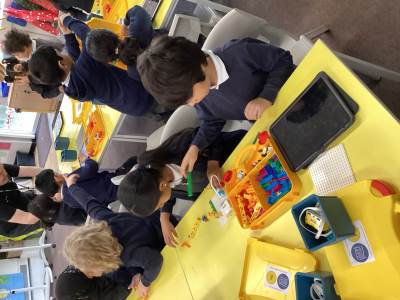The Enquiry Curriculum
Maths
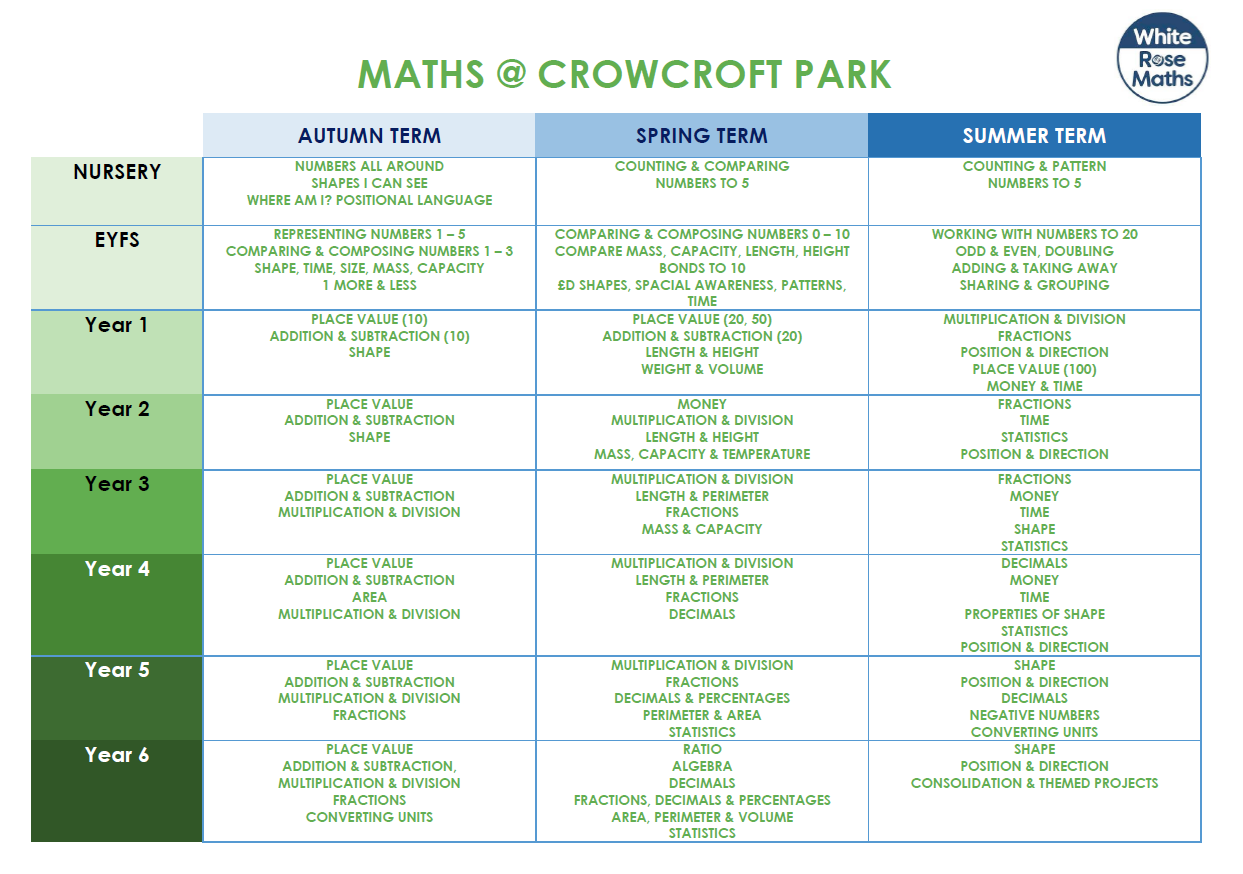
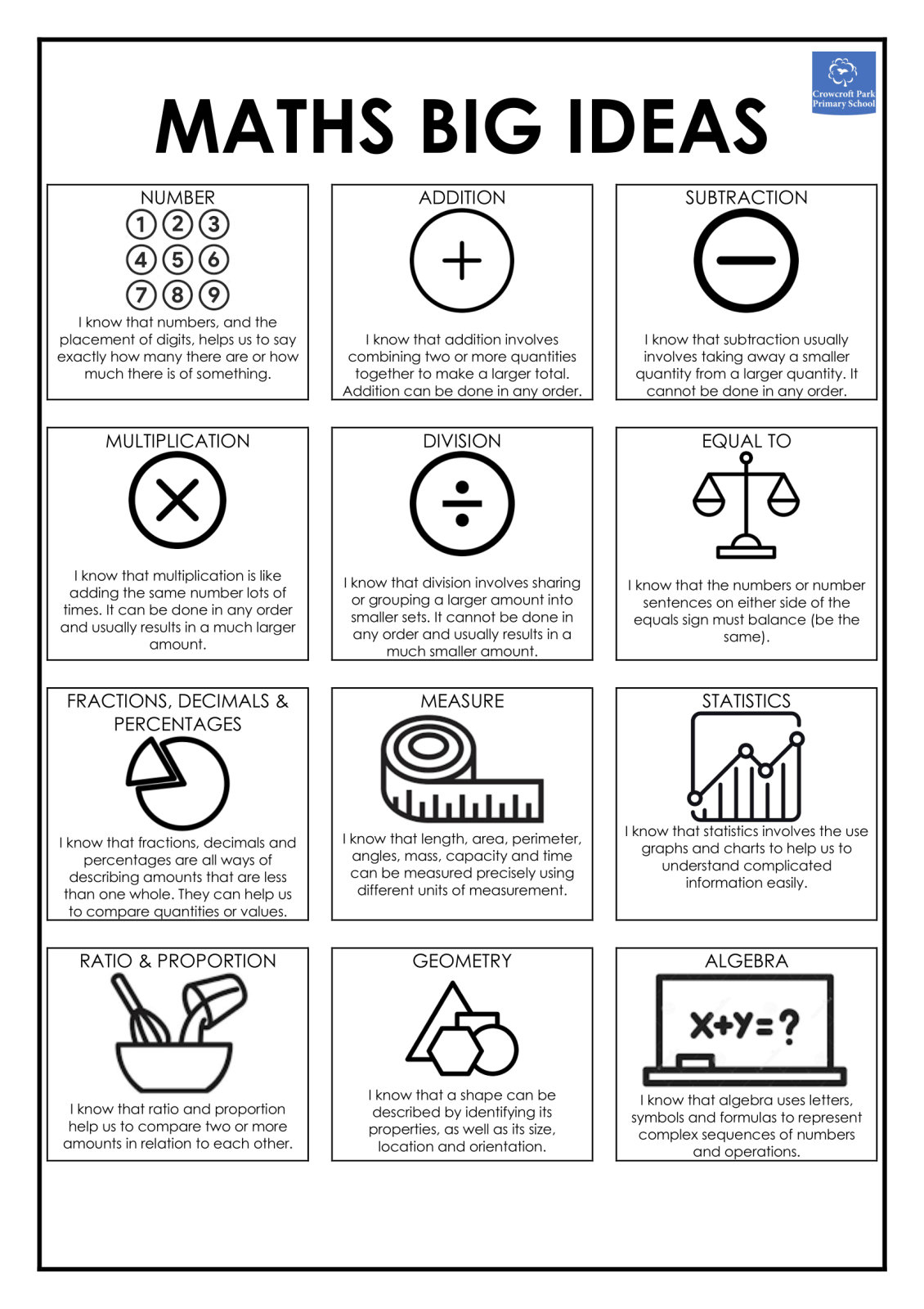
INTENT
At Crowcroft Park, we follow a ‘Teaching for Mastery’ approach. This can be summarised as follows:
Underpinning principles
- Mathematics teaching for mastery assumes everyone can learn and enjoy mathematics.
- Mathematical learning behaviours are developed such that pupils focus and engage fully as learners who reason and seek to make connections.
- Teachers continually develop their specialist knowledge for teaching mathematics, working collaboratively to refine and improve their teaching.
- Curriculum design ensures a coherent and detailed sequence of essential content to support sustained progression over time.
Lesson design
- Lesson design links to prior learning to ensure all can access the new learning and identifies carefully sequenced steps in progression to build secure understanding.
- Examples, representations and models are carefully selected to expose the structure of mathematical concepts and emphasise connections, enabling pupils to develop a deep knowledge of mathematics.
- Procedural fluency and conceptual understanding are developed in tandem because each supports the development of the other.
- It is recognised that practice is a vital part of learning, but the practice must be designed to both reinforce pupils’ procedural fluency and develop their conceptual understanding.
In the classroom
- Pupils are taught through whole-class interactive teaching, enabling all to master the concepts necessary for the next part of the curriculum sequence.
- In a typical lesson, the teacher leads back-and-forth interaction, including questioning, short tasks, explanation, demonstration, and discussion, enabling pupils to think, reason and apply their knowledge to solve problems.
- Use of precise mathematical language enables all pupils to communicate their reasoning and thinking effectively.
- If a pupil fails to grasp a concept or procedure, this is identified quickly, and gaps in understanding are addressed systematically to prevent them falling behind.
- Significant time is spent developing deep understanding of the key ideas that are needed to underpin future learning.
- Key number facts are learnt to automaticity, and other key mathematical facts are learned deeply and practised regularly, to avoid cognitive overload in working memory and enable pupils to focus on new learning.
IMPLEMENTATION
|
Nursery |
White Rose Maths
|
|
|
Reception |
Mastering Number
|
|
|
Year 1 |
Early Bird |
Mastering Number
|
|
Main Maths Lesson |
NCETM Curriculum Prioritisation Materials
|
|
|
Year 2 |
Early Bird |
Mastering Number
|
|
Main Maths Lesson |
NCETM Curriculum Prioritisation Materials
|
|
|
Year 3 |
Early Bird |
Mastering Number (Y2)
|
|
Main Maths Lesson |
NCETM Curriculum Prioritisation Materials
|
|
|
Year 4 |
Early Bird |
Problem Solving (White Rose)
|
|
Main Maths Lesson |
NCETM Curriculum Prioritisation Materials
|
|
|
Year 5 |
Early Bird |
Problem Solving (White Rose)
|
|
Main Maths Lesson |
NCETM Curriculum Prioritisation Materials
|
|
|
Year 6 |
Early Bird |
Problem Solving (White Rose)
|
|
Main Maths Lesson |
NCETM Curriculum Prioritisation Materials
|
|
IMPACT
Summative Assessment
- At Crowcroft Park, we assess children’s learning at two main summative assessment points:
- o At the end of Autumn Term
- o At the end of Summer Term
- For these formal assessments (in Year 1 – Year 6) we use the nationally standardised NFER Maths Tests.
Formative Assessment
- Formative Assessment (or Assessment For Learning) can take many forms. In Maths, we use the following methods to informally assess pupils’ progress and understanding:
- Entrance and Exit Tickets
- Low-stakes quizzes (using the Ready To Progress assessment questions found on the Shared Drive – MATHS > NCETM > ASSESSMENT).
- o These assessment questions should be used at the teacher’s discretion, usually at the end of a unit of teaching or after teaching a key objective. They can be used as single questions, or put together to form longer quizzes. The data from these should be analysed by the teacher to inform next steps.
- Multiple choice questions (using A, B, C, D cards)
- Mini white boards
- Hinge Questions
Mastery learning is slightly different to 'Learning for Mastery', which is a pedagogical approach to ensure deep conceptual understanding. Find out more here:
Embedding maths facts for swift and automatic recall is essential for children. By the end of Year 4, children should know ('by heart') all times tables facts. We use a resource called 'Times Tables Rock Stars' to help children to become fluent in times tables.
We also use the National Strategies Mental Maths document (adapted to meet requirements of NC14) to support the teaching of Maths fluency. Access the full document here:
Teaching Maths is a precision skill! We aim to use the most up to date research to ensure that our teaching is the best that it can be.
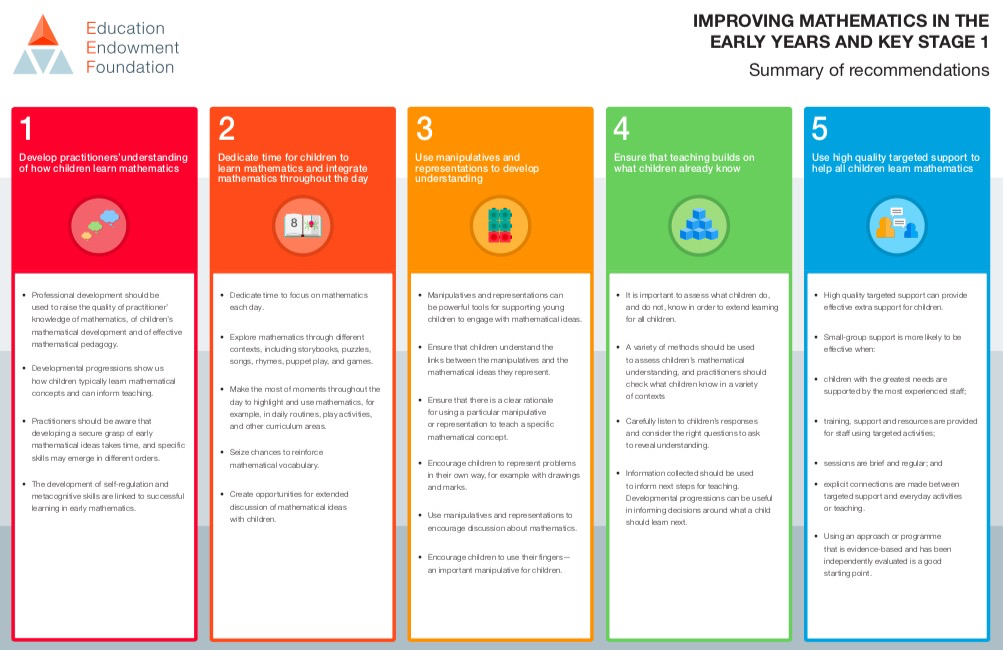
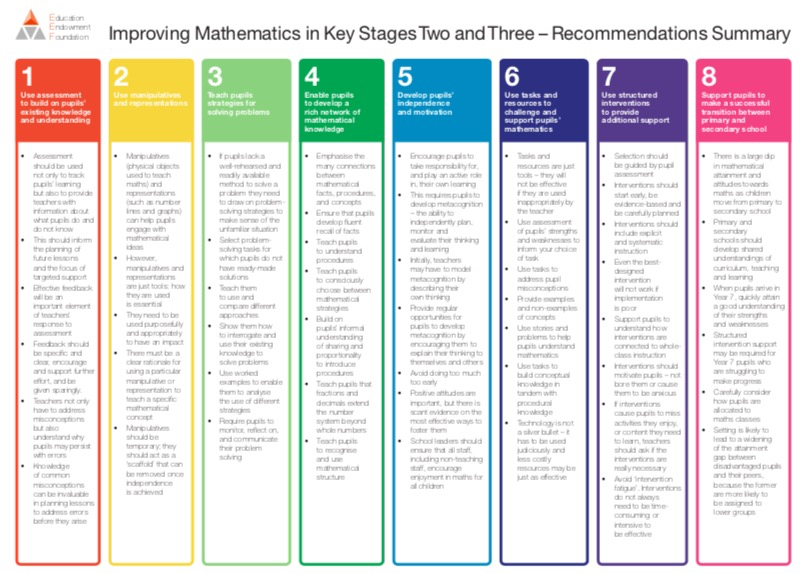
Our long term plans for each year group detail the sequence in which each aspect of Maths will be taught (based on the White Rose planning). These plans also show how and when pupils will be assessed in Maths. There are different layers of assessment:
- During lessons teachers use a range of strategies to continually assess children's learning so that they can respond to their learning needs on a minute to minute basis. These strategies include questioning, quizzing, partner work and application activities. Entrance tickets are also used routinely to inform flexible grouping.
- Between lessons, pupils do mental maths quizzes to keep their maths fluency sharp and help to identify gaps in essential learning.
- At the start of each new unit, children complete a selection of actives independently to help the teacher to assess retention of prior learning and identify any gaps. At the end of the unit, the children once again complete independent questions to check for mastery (80%) and assess progress.
- Pupils only complete a summative test in Maths once a year - in the summer term.
Nursery 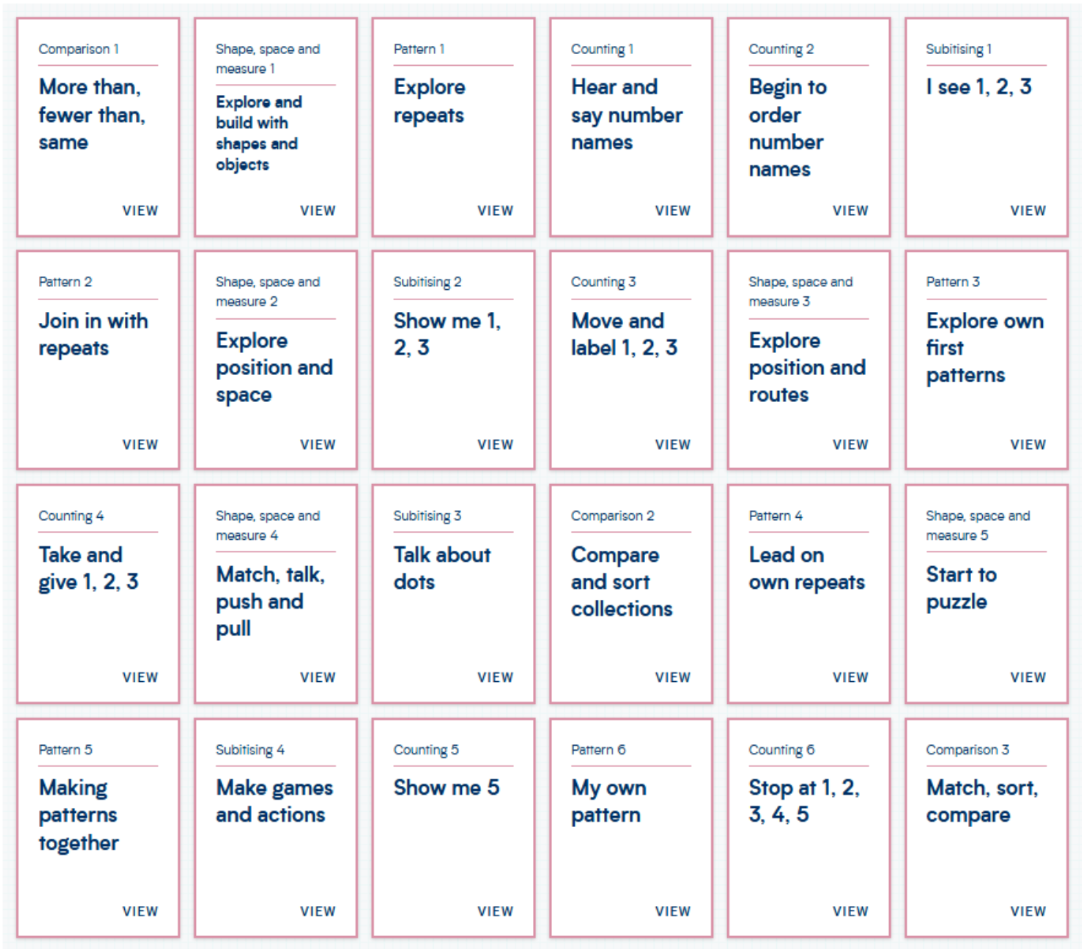
Reception
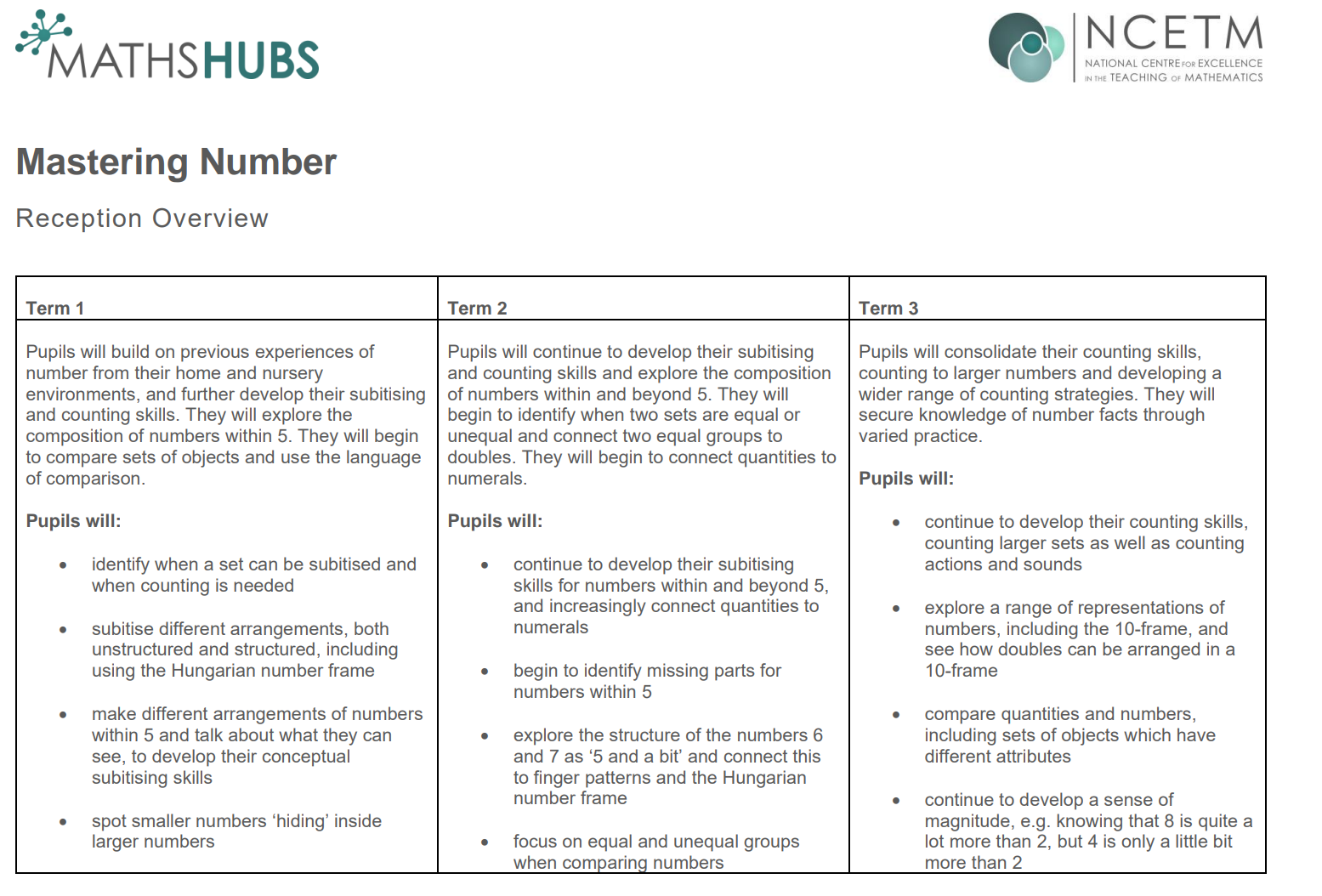
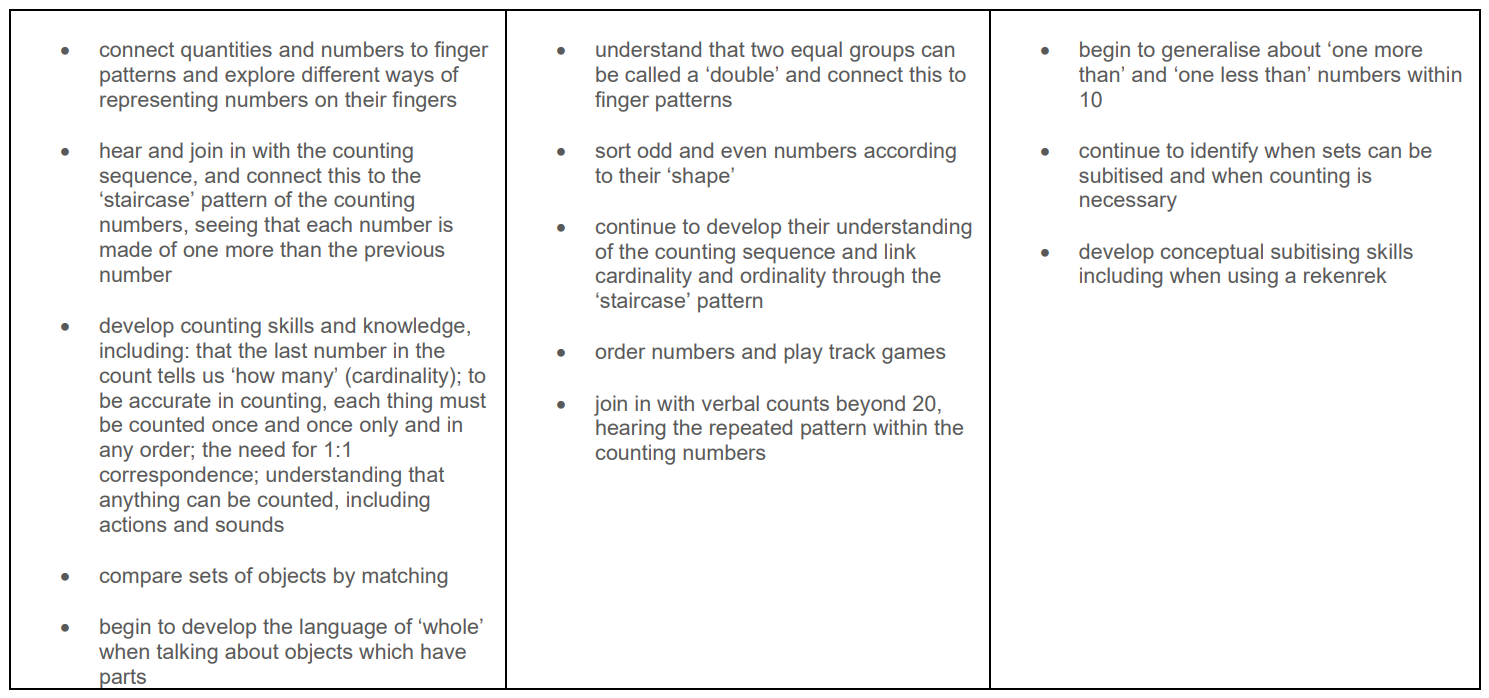
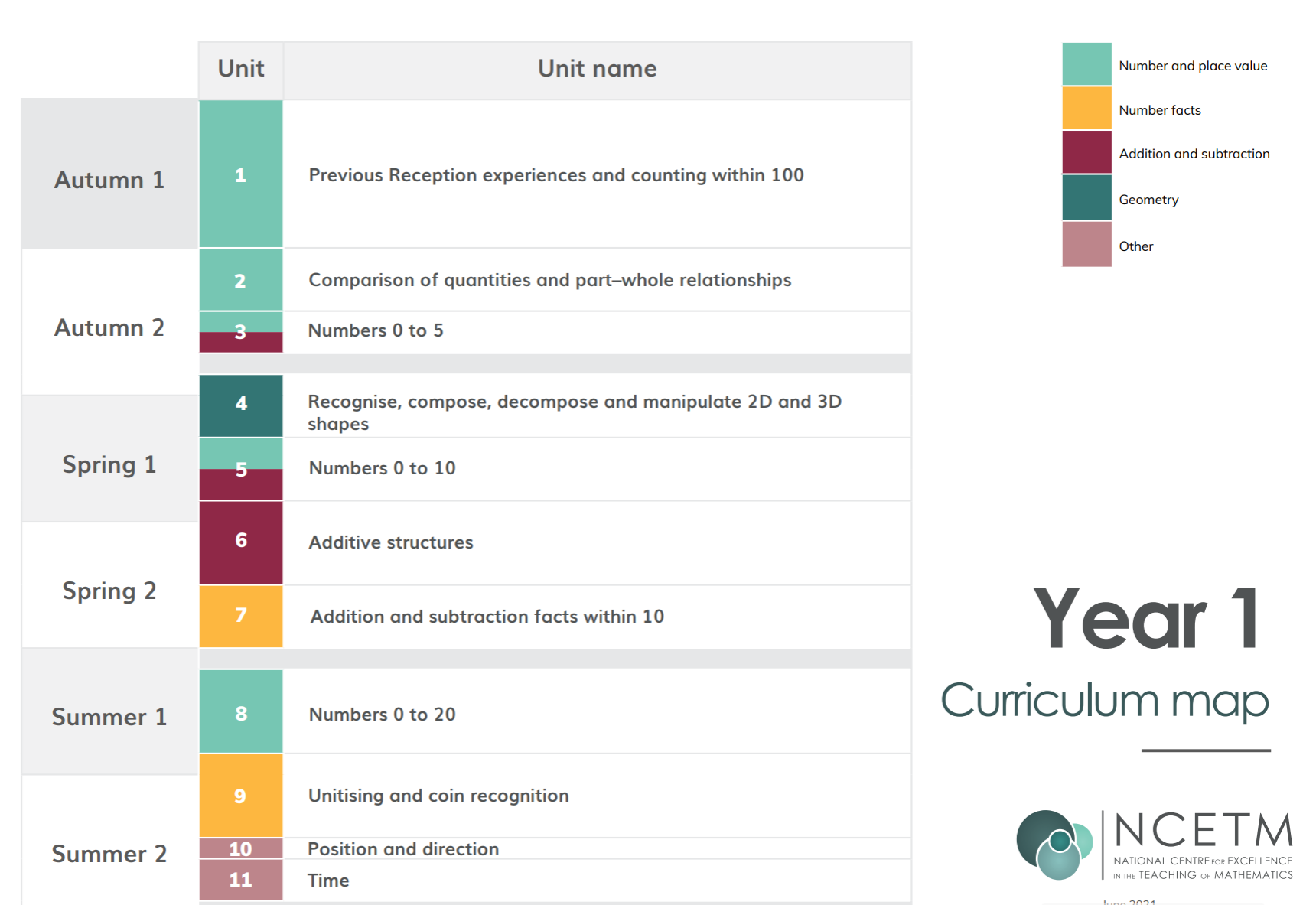
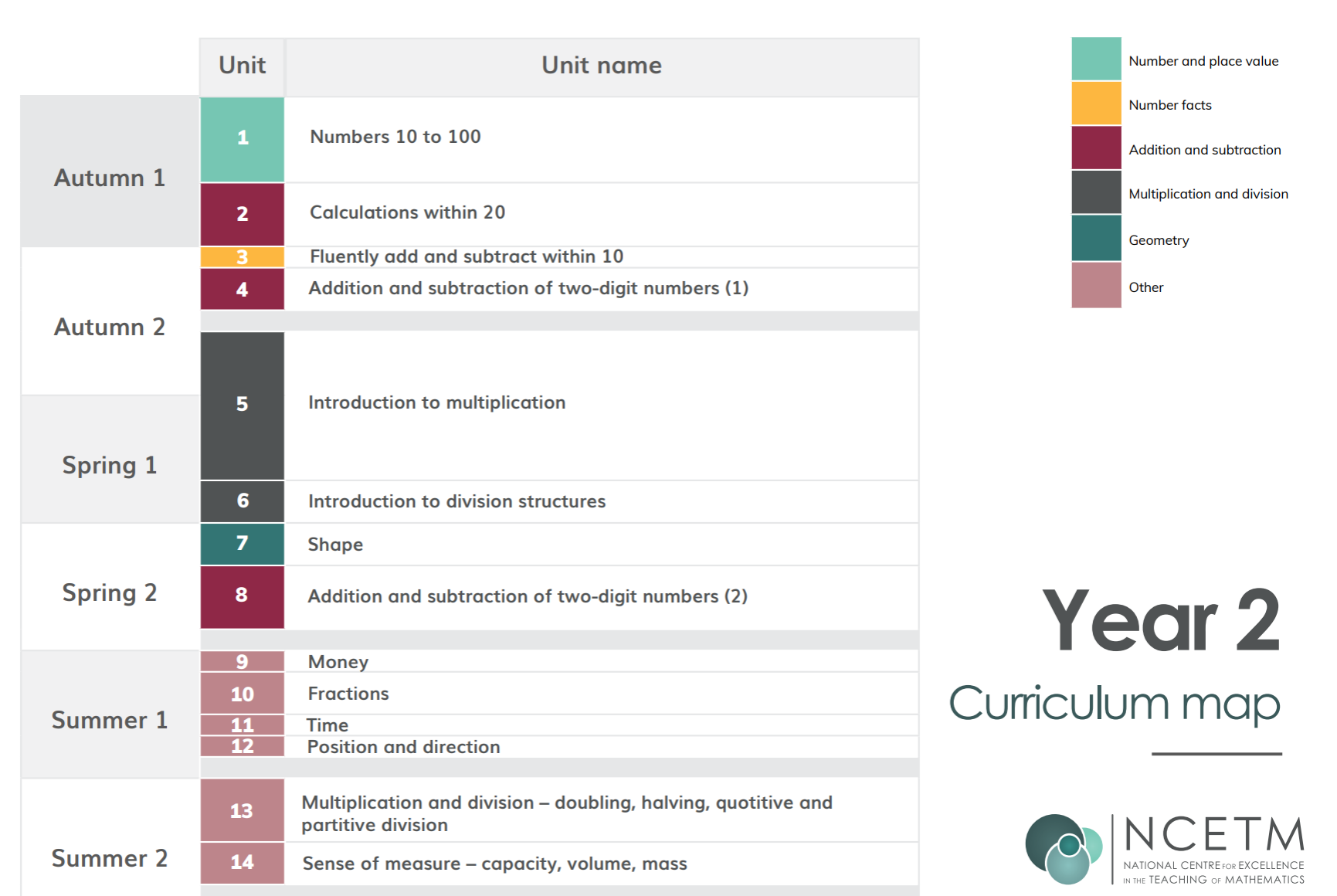
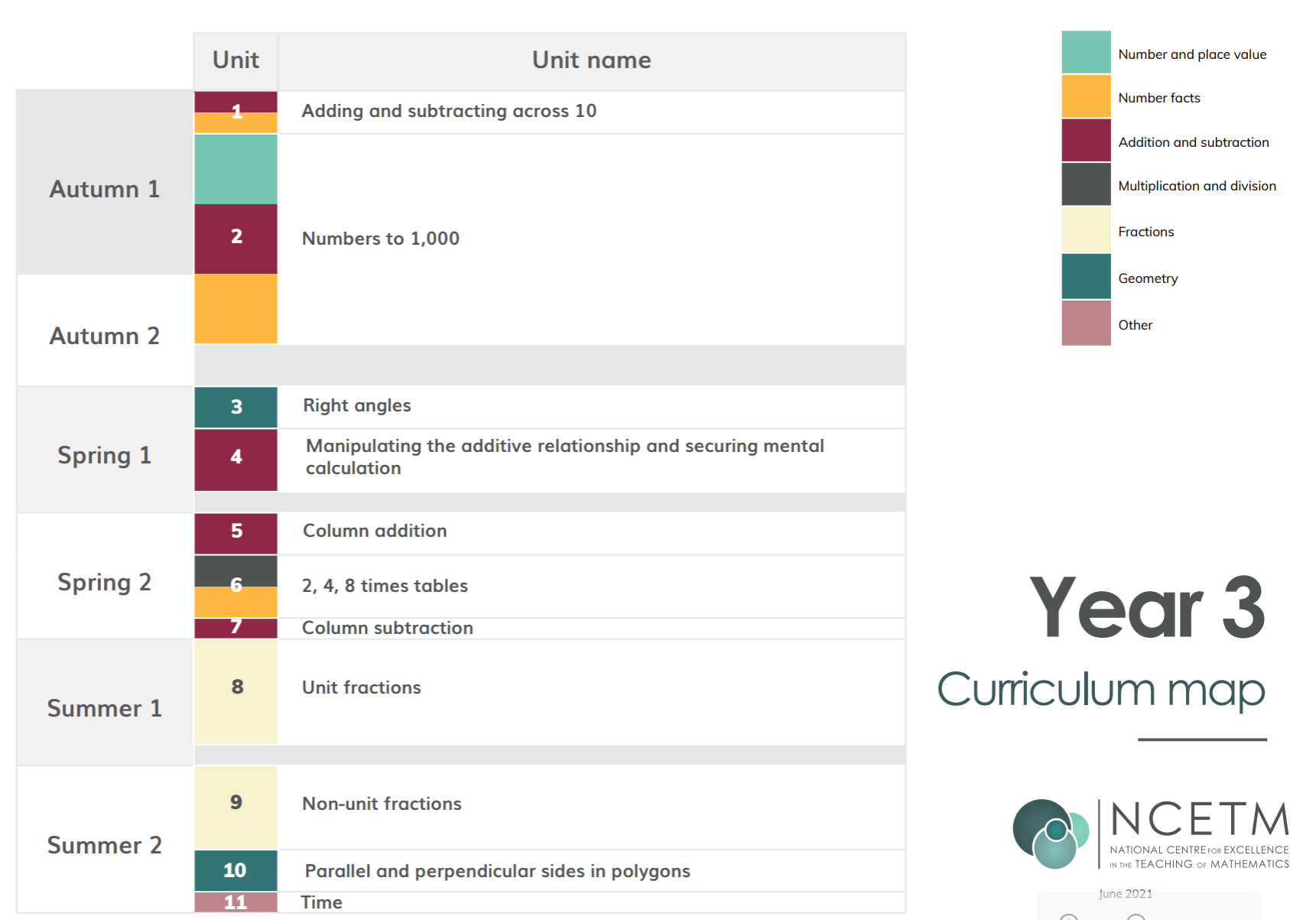
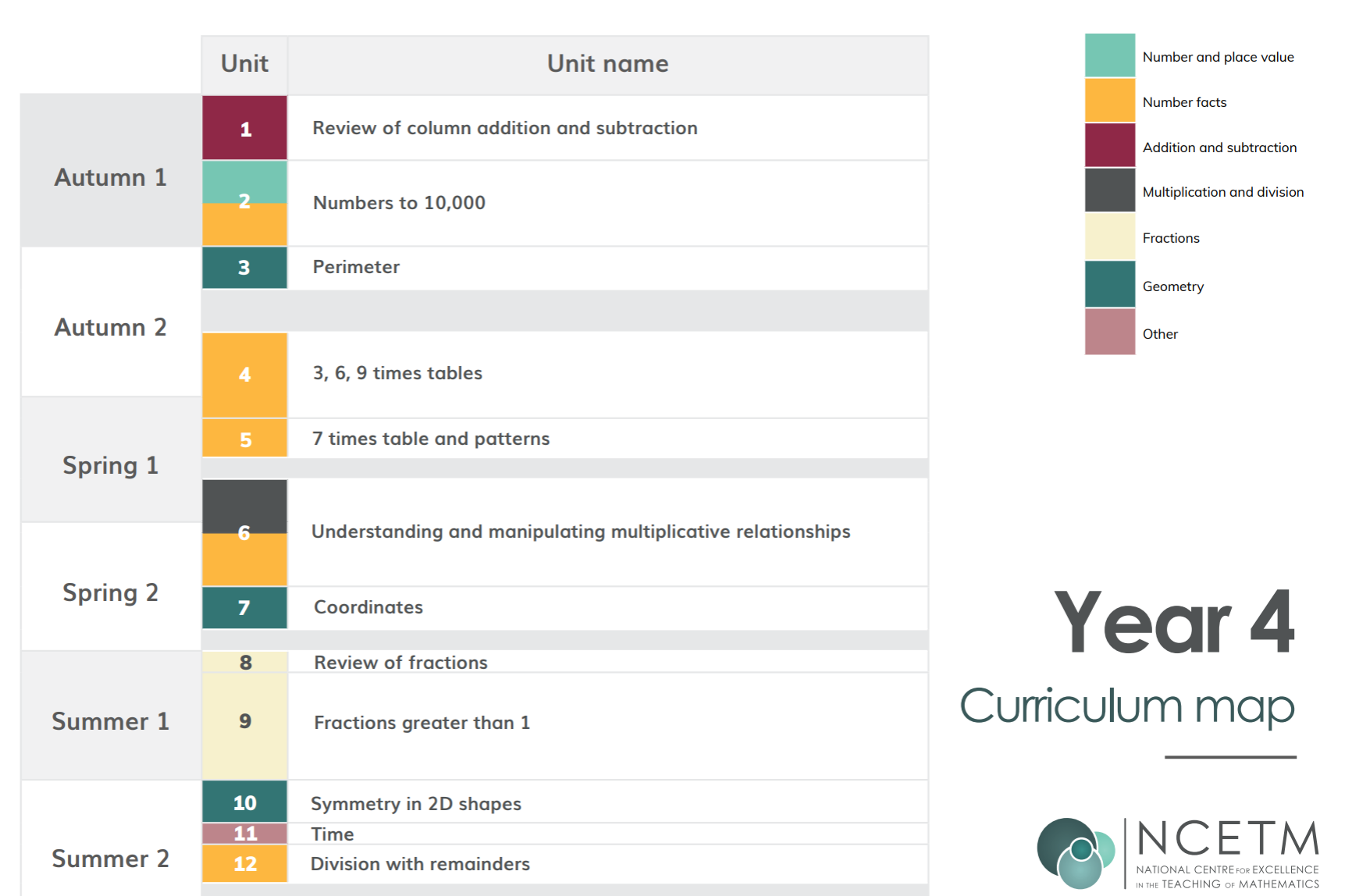
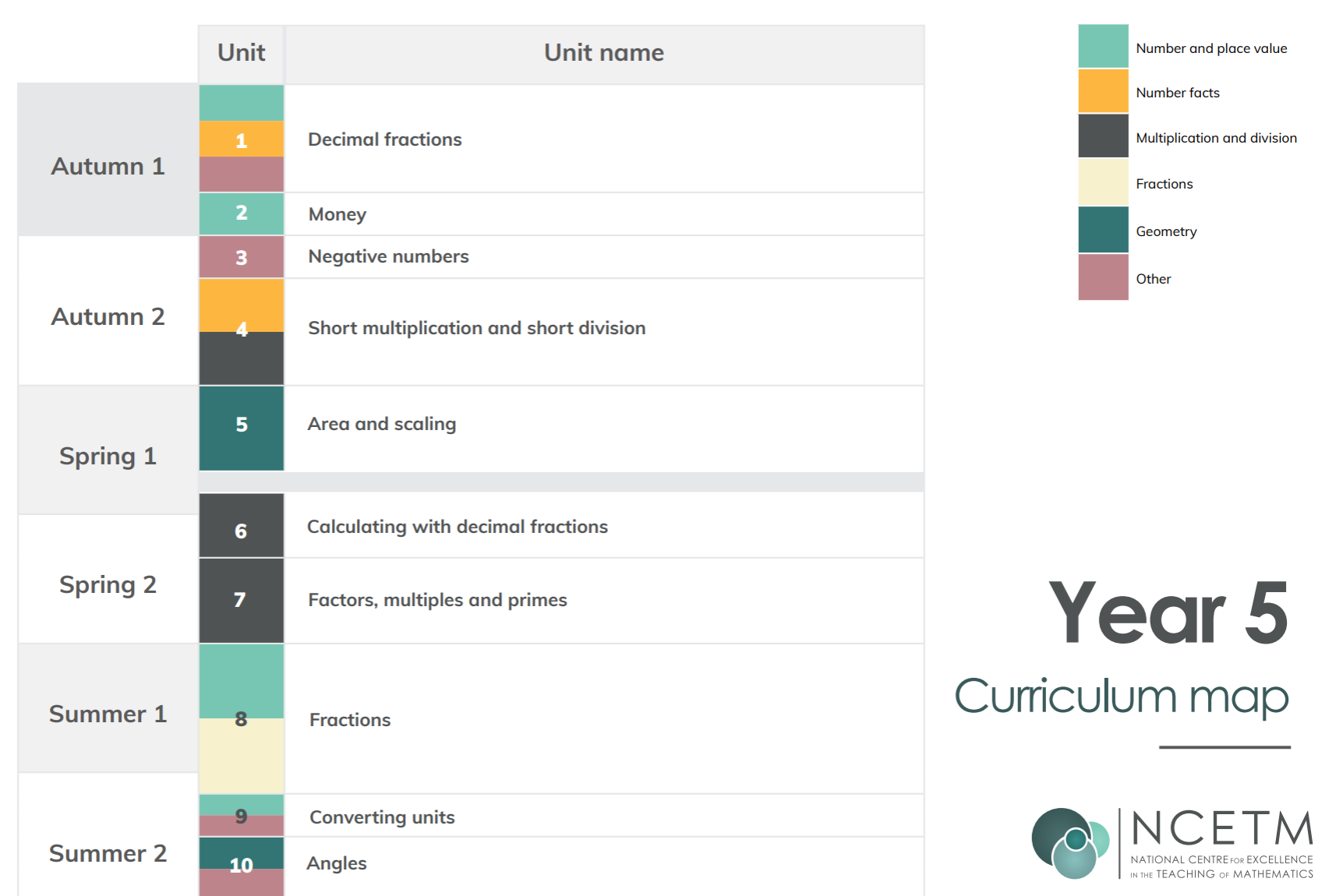
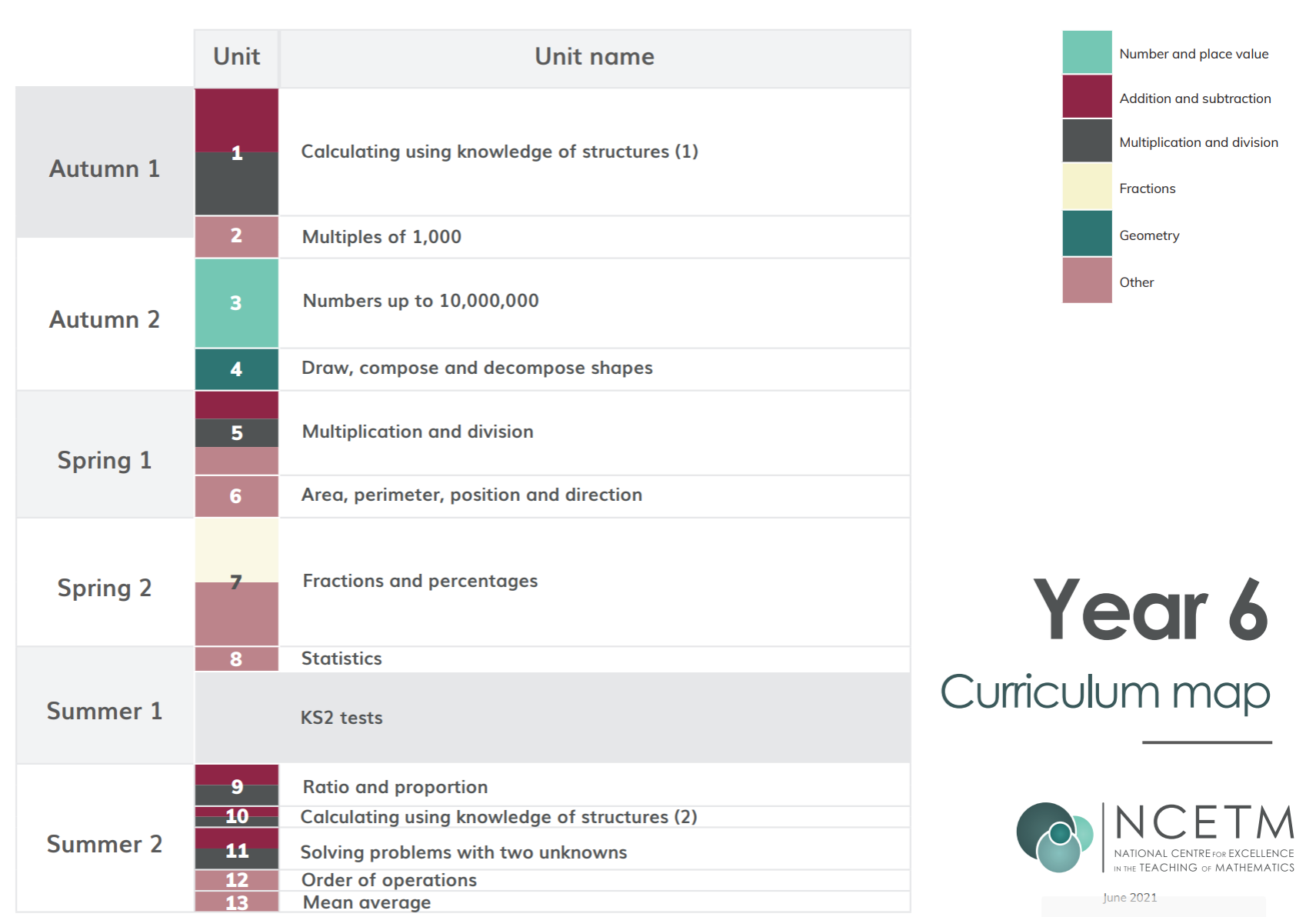
Multiplication Tables Check for Parents
Science
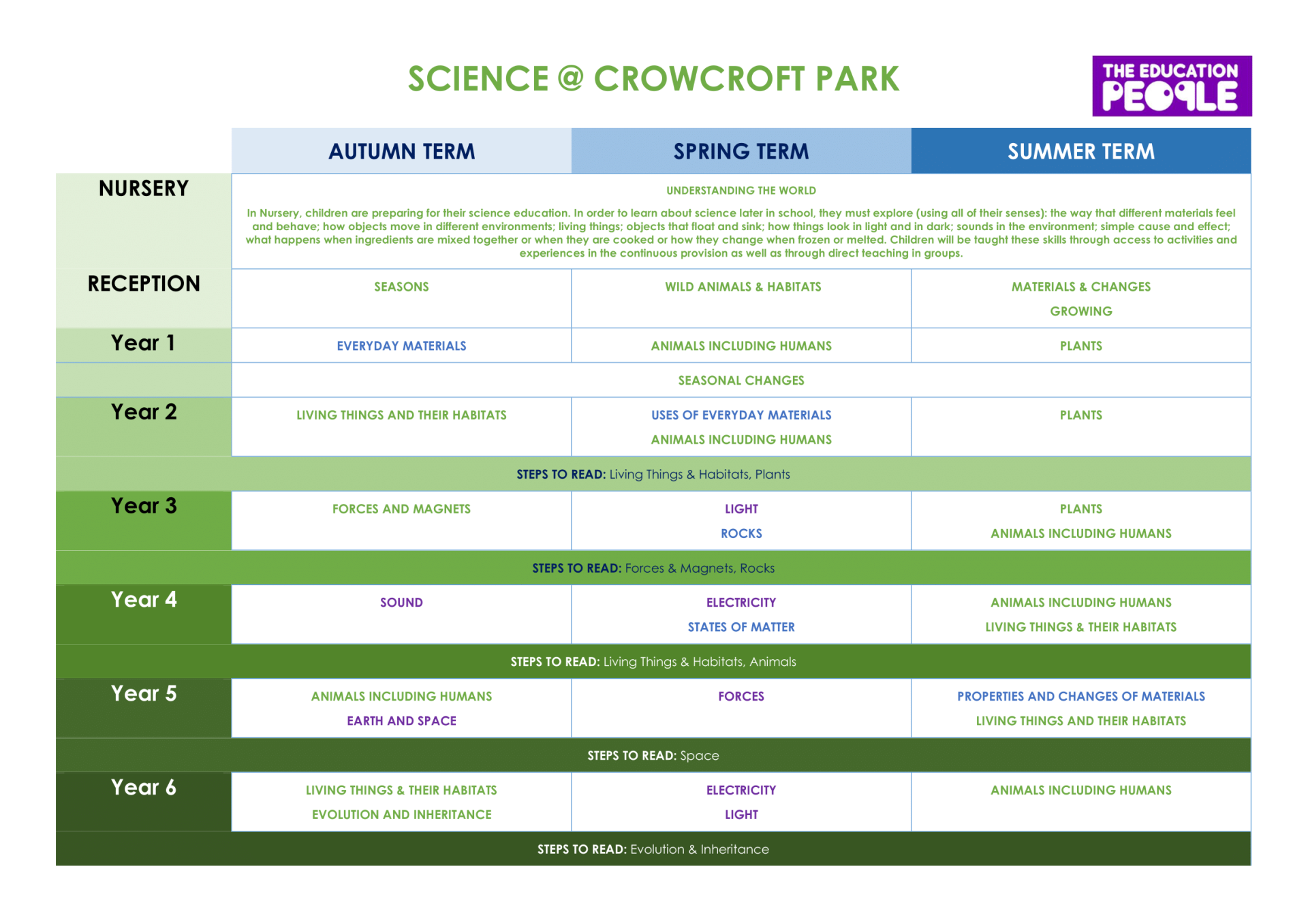
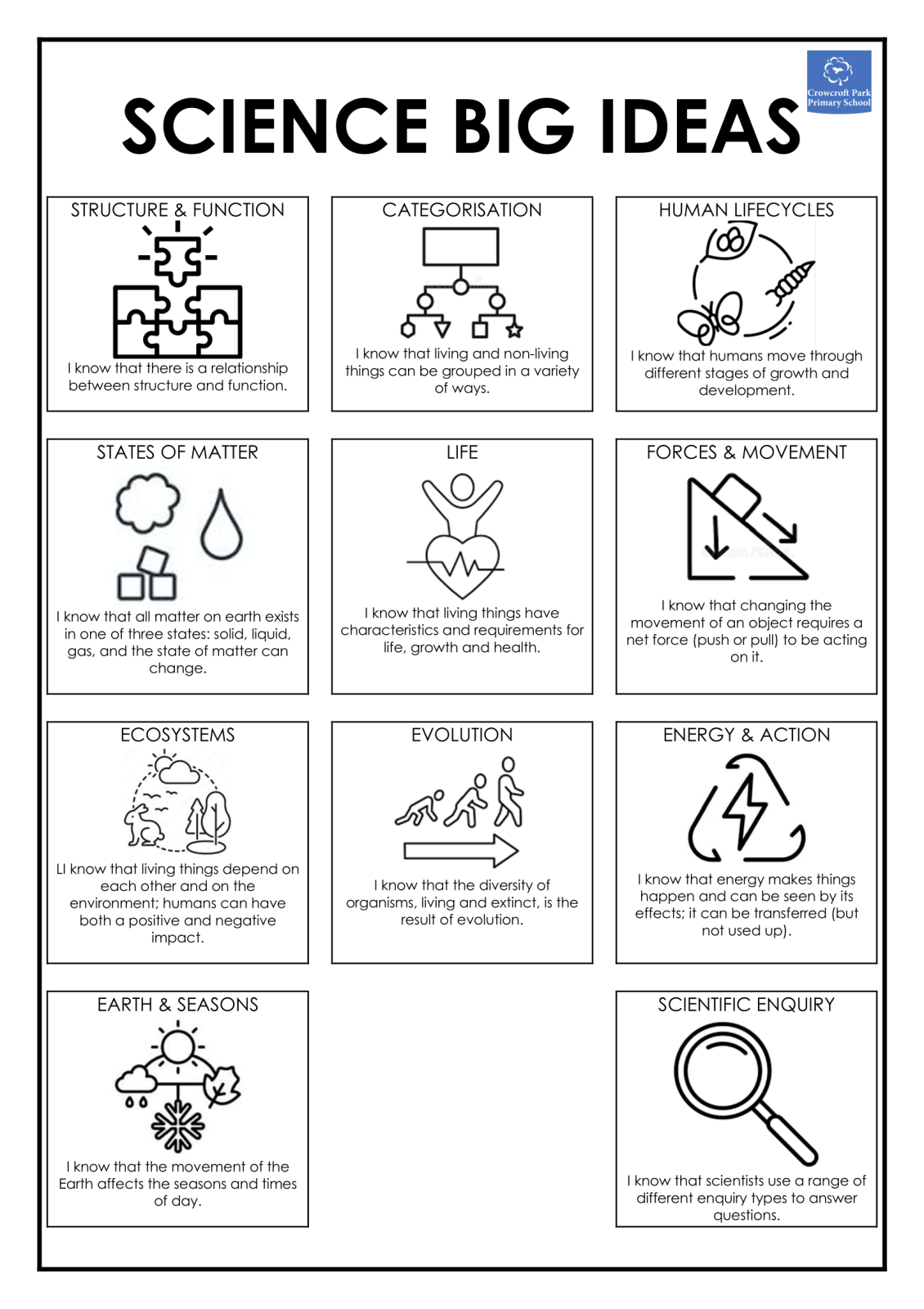

Hamilton's science scheme uses hands-on investigative science activities to promote a deep understanding of scientific concepts and help children develop effective methods of scientific enquiry.
Hamilton's science planning is arranged to take advantage of seasonal study opportunities and to ensure progression in scientific working skills, while covering the National Curriculum for England. Each year is comprised of 6 blocks of 6 sessions dedicated to one of the science areas and culminating in a meaningful outcome. Opportunities for children to meet the full range of scientific investigative approaches entail pattern seeking, exploring, problem solving, fair testing, and analysing secondary sources.
YEAR 1

YEAR 2

YEAR 3
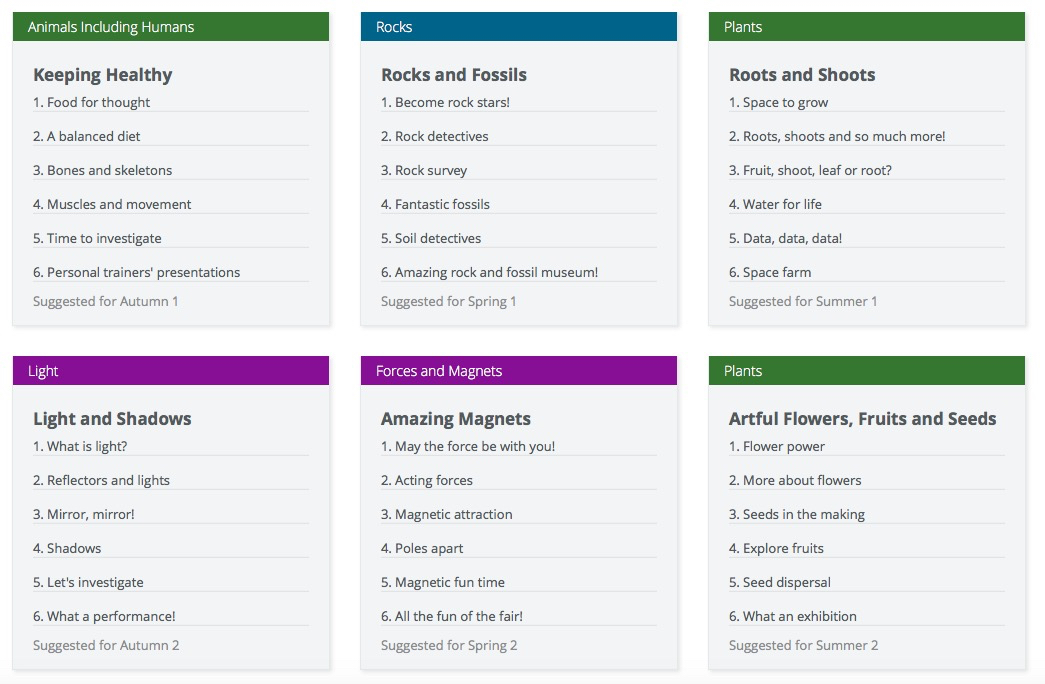
YEAR 4
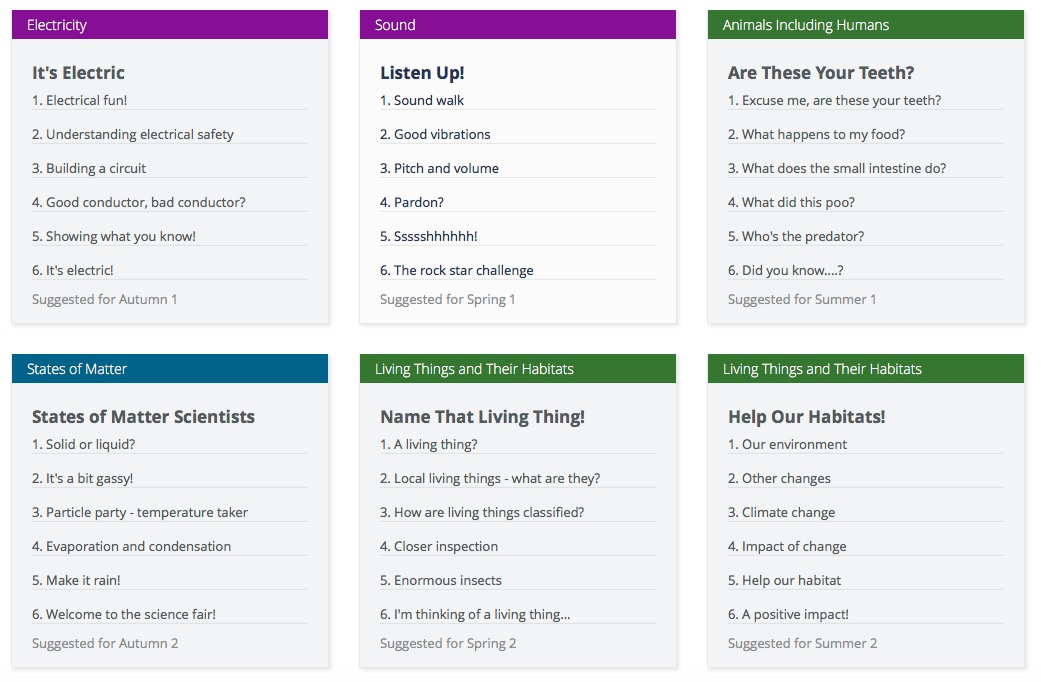
YEAR 5
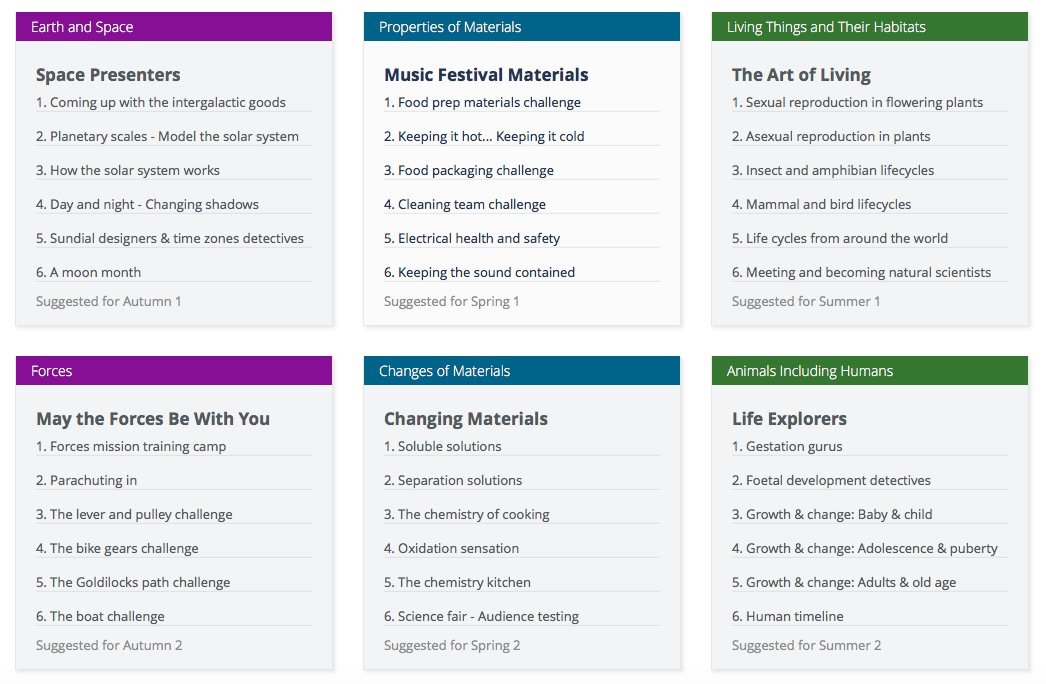
YEAR 6

Computing
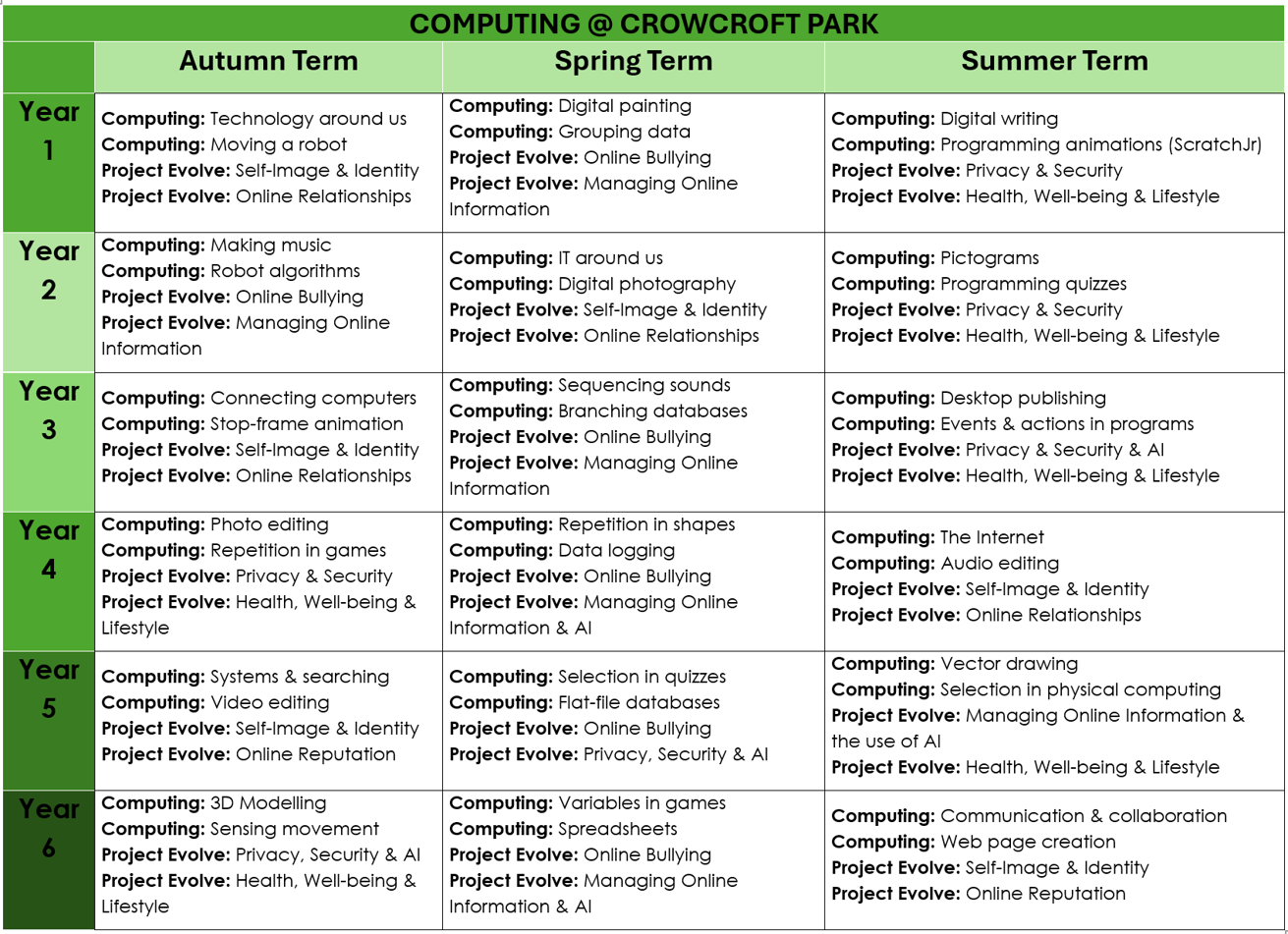
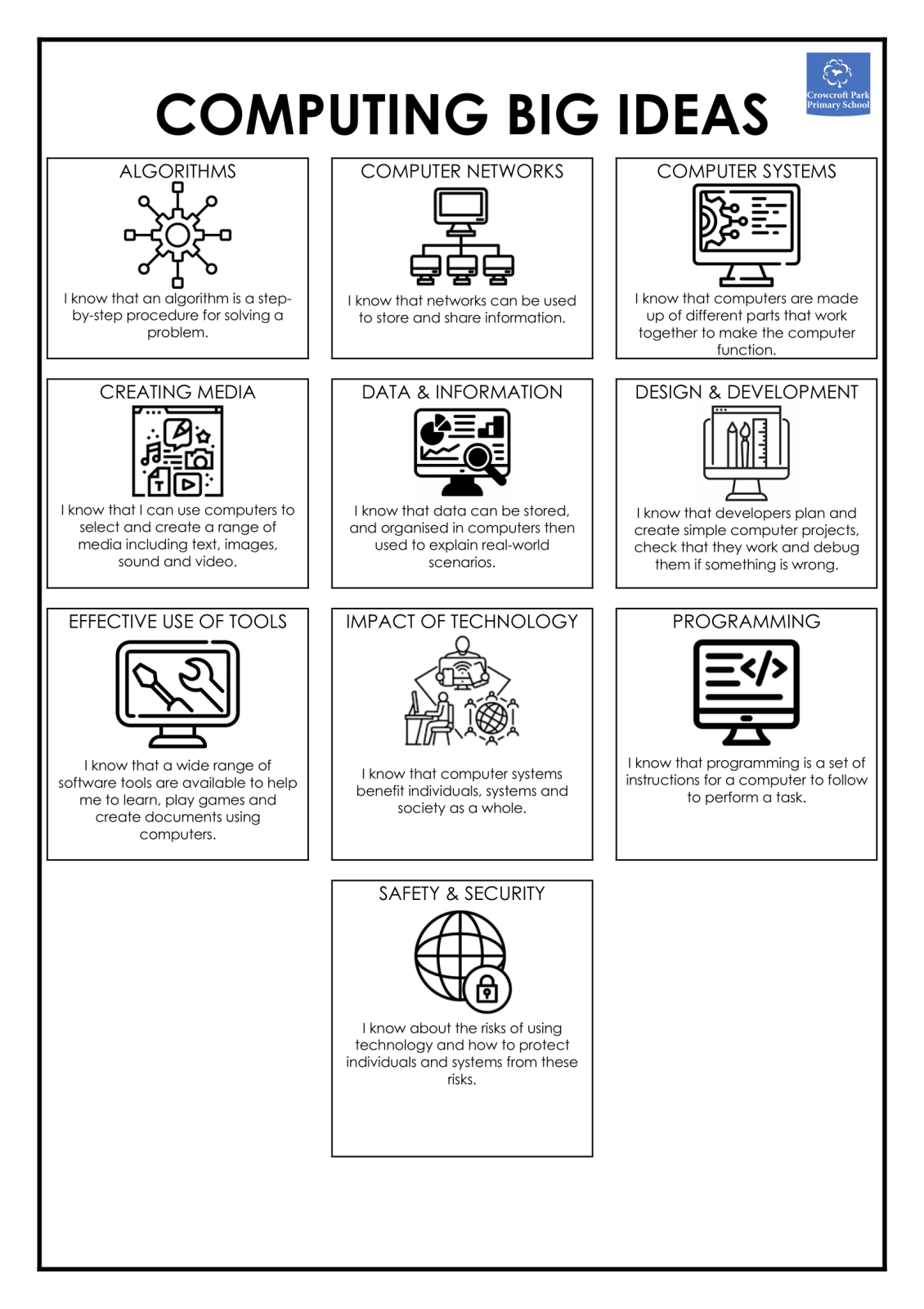
Our Computing curriculum is led by our Technology and Online Safety Lead Mrs Hanif, who teaches children from Year 1 to Year 6 each week. Lessons follow the national Teach Computing Curriculum and ProjectEvolve, supported by our whole-school approach built around our Big Ideas, helping children make meaningful connections across their learning.
Children explore key areas of Computing, including digital media, computer programming, computers and networks, and data and information. They also take part in engaging STEM and computing activities, such as Lego robotics, drone coding, and media projects run by Hyett Education and Apple, to inspire curiosity and creativity.
Online safety is a core part of our Computing provision. Children receive a weekly 20–30 minute online safety lesson, learning to stay safe, responsible, and respectful online.
Intent
At our school, we want every child to be a confident, creative and responsible user of technology. Through the Teach Computing Curriculum, pupils learn how digital systems work and how to use them purposefully and safely. Supported by Project EVOLVE, children explore key aspects of online life such as identity, relationships, privacy and wellbeing. Our curriculum is fully inclusive, ensuring that pupils with special educational needs and disabilities (SEND) and those who are new to English receive the support they need to take part, achieve and enjoy their learning.
Implementation
We teach computing through engaging, practical lessons that build knowledge and skills step by step. Online safety is woven throughout the year using Project EVOLVE’s eight strands, helping children understand how to stay safe and make positive choices online. We adapt lessons with visuals, simplified language and hands-on activities so that everyone can take part. SEND learners benefit from structured routines and additional guidance, while EAL and new-arrival pupils are supported through modelling, key vocabulary and peer collaboration. Regular assessment takes place in every lesson through the use of multiple-choice questions, where pupils show their understanding by holding up A, B, C or D cards. This quick, interactive approach allows us to check progress instantly and provide immediate feedback to support learning.
Impact
All pupils, regardless of background or ability, develop the confidence to use technology safely and creatively. They can explain how to stay safe online, communicate respectfully and solve problems using digital tools. SEND pupils make personalised progress and grow in independence, while EAL and new-arrival pupils quickly develop the language and understanding to take part fully in computing. Across our school, children show curiosity, responsibility and pride in their digital achievements, preparing them to thrive in an ever-changing online world.
Apple Store Workshop
Coding Workshop
If you like to know more about The Enquiry Curriculum, please visit one of the websites below or alternatively, speak to Mr Moors.


